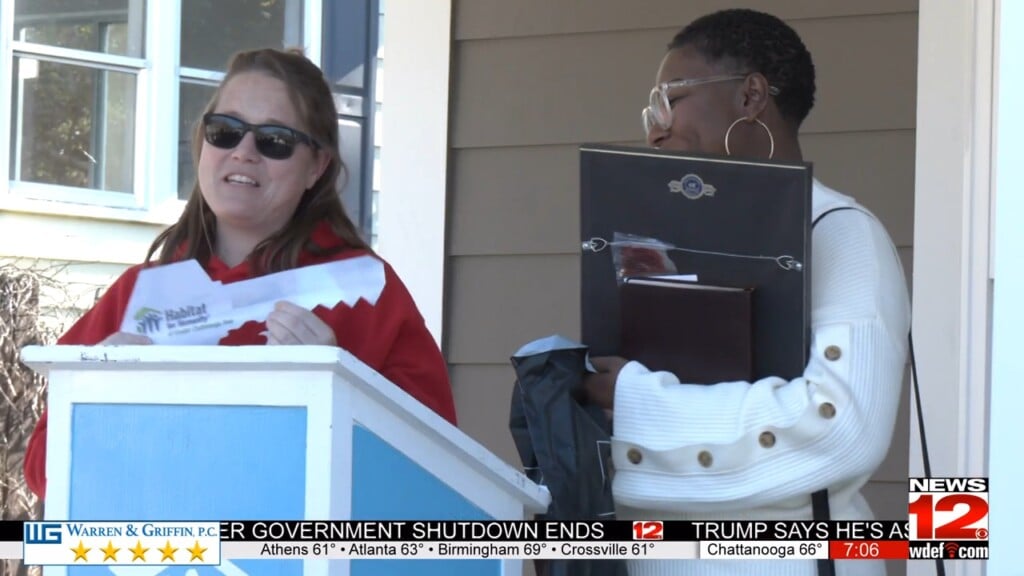Stock market: Down for a second day on trade war, interest rate fears
U.S. stocks are poised for a second day of sharp declines amid investor fears that higher interest rates will dent company earnings and a trade war will crimp global business.
Dow futures are off by around 140 points, or 0.5 percent, at 8:20 a.m. E.T., indicating the market will sink at the start of trading at 9:30 a.m. E.T., while S&P 500 futures also indicate shares will decline. The rout rolled through Asia on Thursday, driving China’s benchmark to a four-year low and sending indexes in Japan, Korea and Australia plunging.
The sell-off began on Thursday, when the Dow plunged 831 points, shedding 3.15 percent of its value. It was the second-biggest drop of the year for the blue-chip benchmark, which on Feb. 5 lost over 1,100 points in a single trading session. The market is reacting to a “triple whammy” of rising interest rates, higher oil prices and a stronger dollar, according to Yardeni Research.
“The rally since early February may be stalling out on confusion about Trump’s policies,” Ed Yardeni, president and chief investment strategist, and his analysts wrote in a research note. “He seems to be stepping on the accelerator and brakes at the same time.”
While corporate tax cuts are providing a boost to earnings, the ongoing trade war with China may disrupt supply chains and worsen, given the issues aren’t only about trade but national security, he added.
Inflation concerns
Investors will be looking ahead to U.S. inflation data later in the day. A high reading could fuel expectations that the Federal Reserve will keep raising its interest rates at a steady pace, reining in the easy-money policy that had fueled stock markets in recent years. Higher costs are a concern for investors because of their potential to eat into corporate earnings.
“The -4.2 percent drop in the S&P 500 over the past five days has been triggered in part by fears over corporate earnings as trade uncertainties, rising input costs and higher interest costs start to bite,” said economist Louis Gave of Gavekal Research in a report. “Suddenly, the market’s assumption that the U.S. corporate sector is an island of stability is coming under greater scrutiny.”
European shares sank after Asia closed sharply lower, auguring another drop in the U.S., which saw its major indexes tumble on Wednesday.
“Equity markets were pulverized today,” with investors in “full out retreat,” analyst Stephen Innes of OANDA said in a commentary. The “latest sneeze” from Wall Street “could morph into a global markets pandemic,” he added.
France’s CAC 40 dropped 1.8 percent to 5,111, and the DAX in Germany lost 1.6 percent to 11,526. Britain’s FTSE 100 tumbled 1.9 percent to 7,011.
In Asia, Tokyo’s Nikkei 225 gave up 3.9 percent to 22,590.86 and the Shanghai Composite index lost 5.2 percent to 2,583.46, a four-year low.
Hong Kong’s Hang Seng index shed 3.5 percent to 25,266.37. The Kospi in South Korea fell 4.4 percent to 2,129.67. Australia’s S&P/ASX 200 slipped 2.7 percent to 5,883.80. Stocks plunged in Taiwan and fell across Southeast Asia.
Interest rates, trade war
“Equity investors are surprised by the pace at which rates have risen,” Marcella Chow, global market strategist at J.P. Morgan Asset Management, said in a report.
On Wednesday, U.S. President Donald Trump said the Federal Reserve “is making a mistake” with its campaign of rate increases. “I think the Fed has gone crazy,” he charged.
Sentiment also has been dampened by the spreading U.S.-Chinese tariff fight over Beijing’s technology policy. The International Monetary Fund cut its outlook for global growth this week, citing interest rates and trade tensions.
The U.S. Treasury is due to release a currency report that some analysts suggest might change the official stance on China’s exchange rate policy. Chow said it was unclear whether the Treasury might label Beijing a “currency manipulator” — a status that could trigger penalties — or whether it could be “another pretext for the next round of tariffs.”
Adding to potential U.S.-China tensions, the Justice Department announced Wednesday it arrested an official of China’s Ministry of State Security on charges of trying to steal trade secrets from U.S. aerospace companies.
Technology stocks have taken the brunt of the losses. Tencent, China’s most valuable tech company, dropped 6.8 percent. Shares of Chinese smartphone maker Xiaomi fell by 8 percent.
Francis Tan, an investment strategist at UOB Private Bank, says “the valuation of U.S. stocks, especially tech stocks, is still pretty high,” and investors could be tempted to not buy into them yet.





Leave a Reply